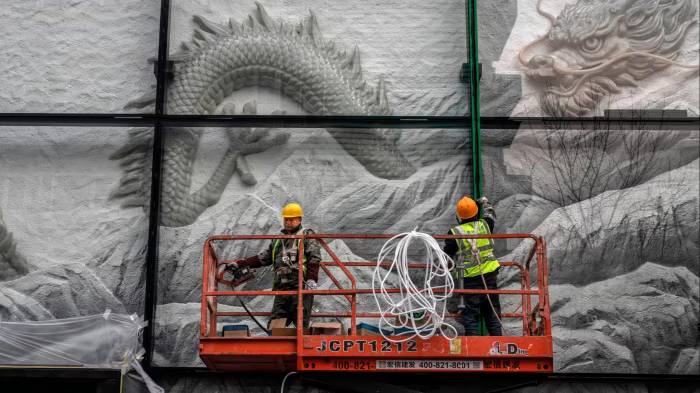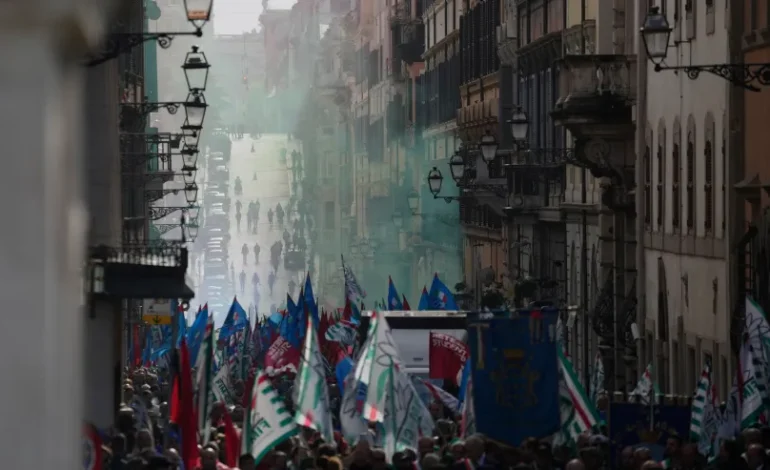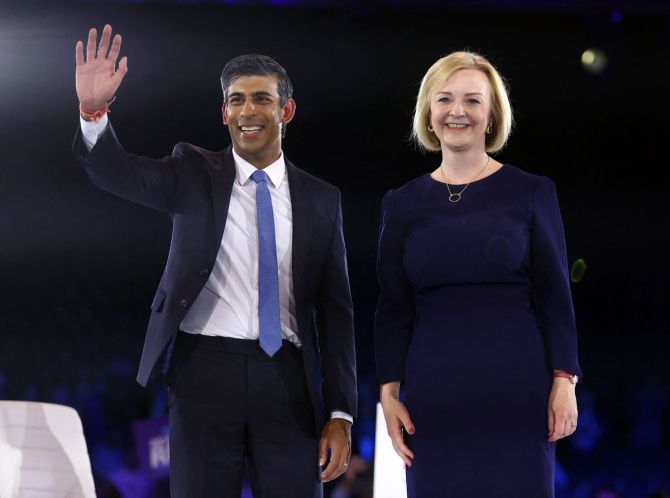Workers in Italy’s automotive sector are staging a national strike on Friday for the first time in two decades, with tens of thousands participating in a significant demonstration through the streets of Rome.
The striking workers, holding banners and waving union flags, are advocating for improved working conditions.
Riccardo Falcetta, a representative from the UIL metalworker union in Bari, highlighted the difficulties faced by workers.
“We are working one to two days a week when it goes well. The (ecological) transition cannot be exclusively paid for by the workers,” Falcetta stated.
The three main unions in the sector are urging the government to defend employment and revitalize the future of Italy’s car manufacturing industry, with a focus on the multinational automaker Stellantis.
Stellantis, the world’s fourth-largest automaker, is under increasing pressure to clarify its production plans amid heightened competition and financial challenges. Italy’s far-right government has criticized the company for relocating assembly plants to countries with lower labor costs.
The multinational group, formed in 2021 from the merger of Fiat-Chrysler and PSA Peugeot, reported a significant decline in output at most of its Italian plants in the first half of 2024, cutting production by nearly 70% over the past 17 years.
CEO Carlos Tavares recently attributed rising production costs to EU carbon emission regulations and suggested that the company might need to close some assembly plants to remain competitive against Chinese manufacturers. He also noted that job cuts could not be ruled out and emphasized the need for more state incentives to boost demand for electric vehicles.
Following a profit warning indicating a potential loss of up to 10 billion euros ($11.2 billion) by the end of the year, Tavares has faced criticism from US dealers and the United Auto Workers union. In response to the financial downturn, he has implemented cost-cutting measures, including delaying factory openings, laying off union workers, and offering buyouts to salaried employees.
The Hill, Bloomberg, Financial Times, and the Detroit News contributed to this report.









